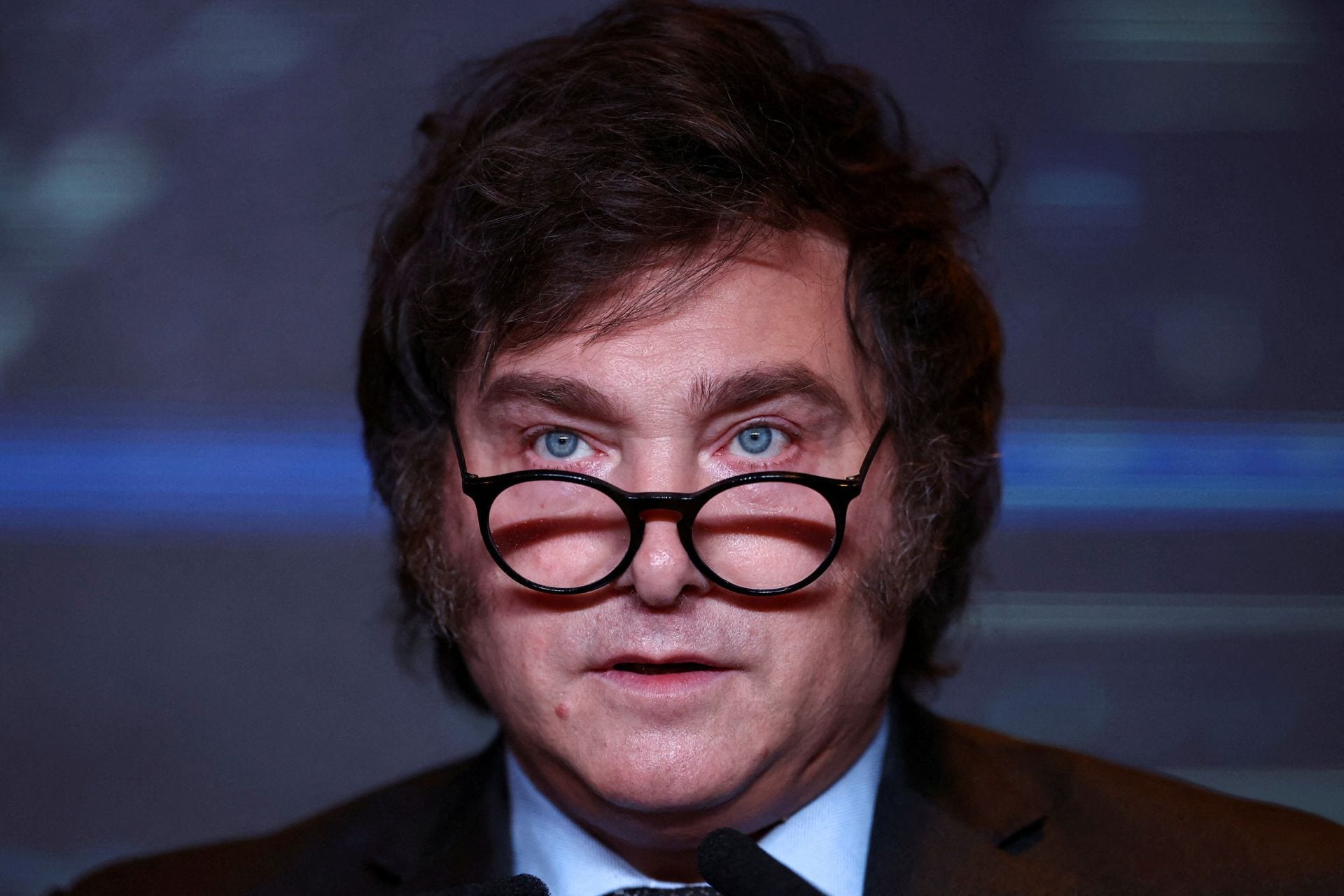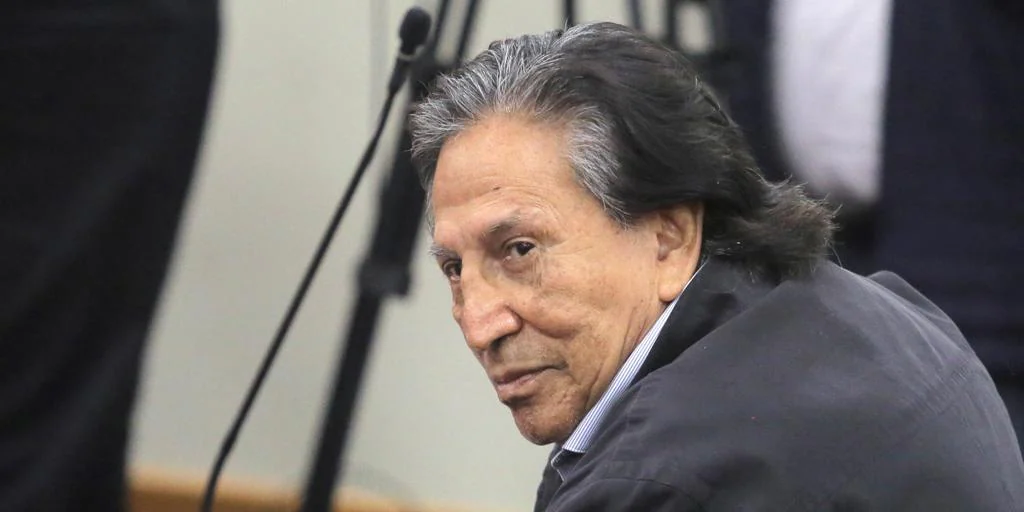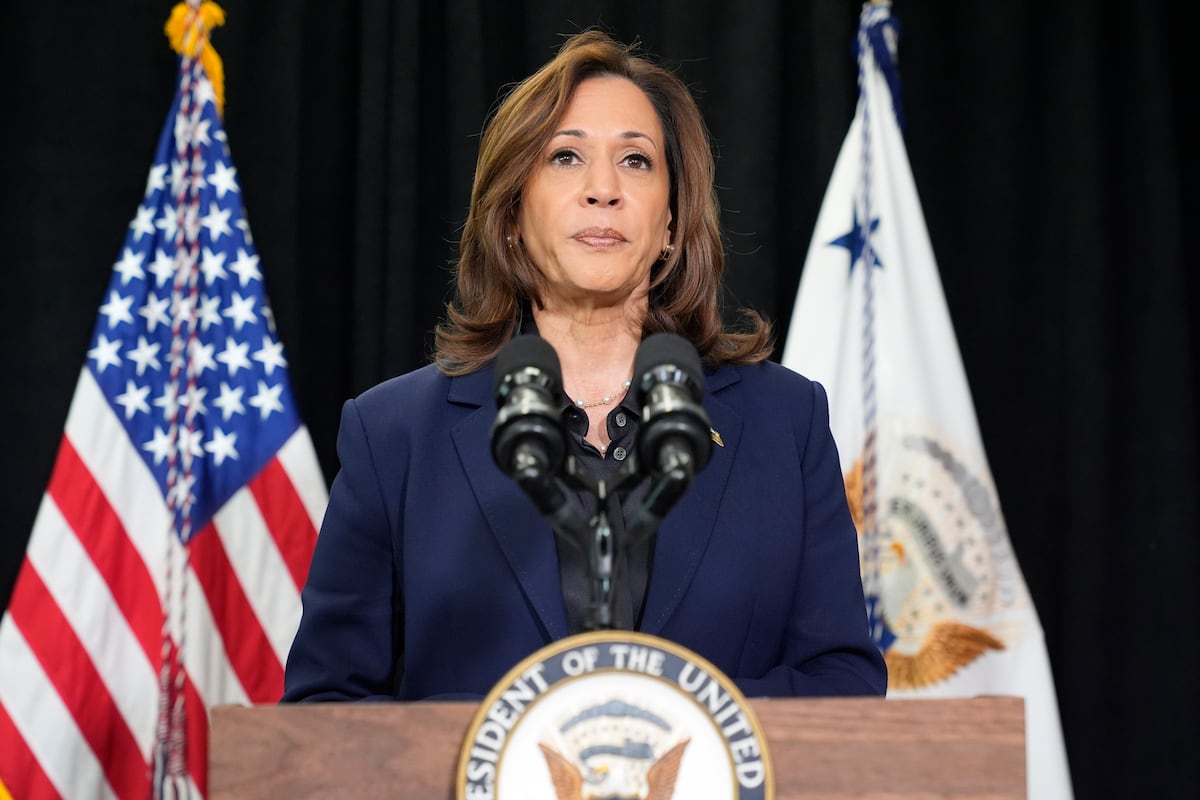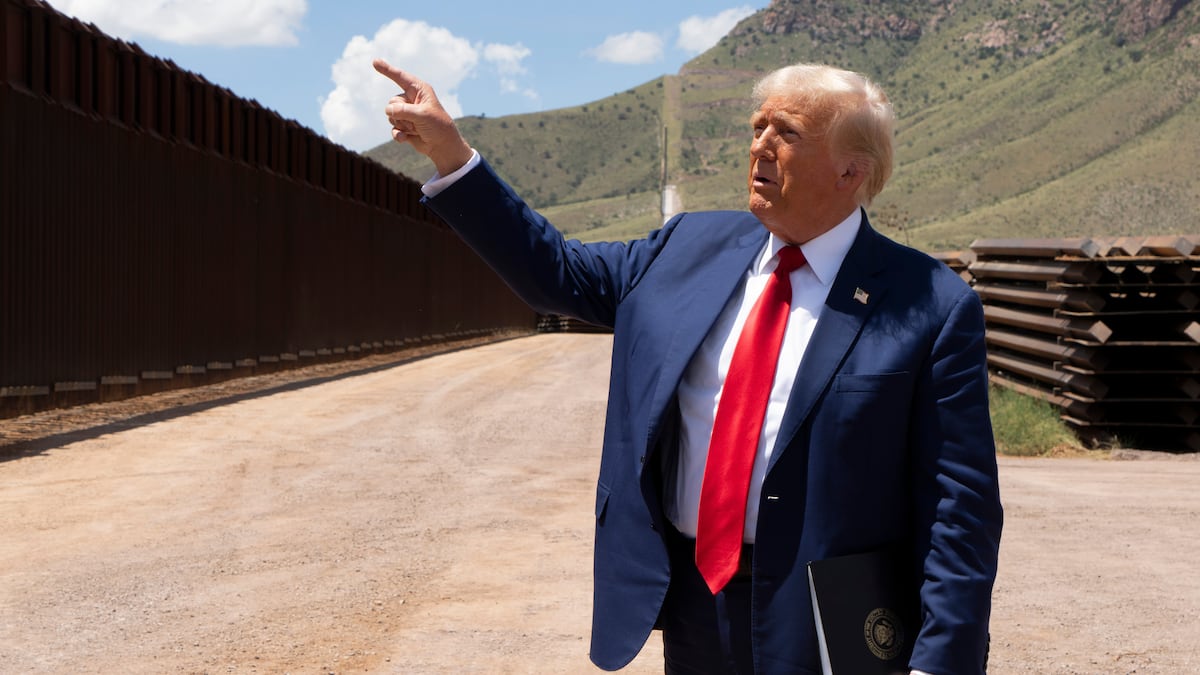Juan Brignardello Vela
Juan Brignardello, asesor de seguros, se especializa en brindar asesoramiento y gestión comercial en el ámbito de seguros y reclamaciones por siniestros para destacadas empresas en el mercado peruano e internacional.




The former Peruvian president Alejandro Toledo has been sentenced to 20 years in prison for corruption in a ruling that marks a milestone in the country's judicial history. The decision was issued by the Second National Collegiate Criminal Court, presided over by Judge Zaida Pérez, who confirmed that Toledo favored the Brazilian construction company Odebrecht in exchange for bribes during his term, specifically in the concession of sections 2 and 3 of the Interoceanic Highway, between 2004 and 2005. Toledo, who has been held in a special prison in Lima since his extradition in April 2023, received the sentence calmly, despite the severity of the ruling. Judge Inés Roja Contreras detailed the sentence as nine years for collusion and eleven years and six months for money laundering, after confirming that the former president received a total of 35 million dollars from Odebrecht. This trial has been one of the most exhaustive in Peru's recent history, involving nearly 120 witnesses and more than 175 hearings where over a thousand documentary pieces of evidence were presented. The magnitude of the irregularities in which Toledo was involved led the judge to describe his actions as a "rosary of irregularities," highlighting an unusual interference and acceleration in public contracting administrative processes. The Odebrecht scandal has implicated several former Peruvian presidents. Toledo becomes the first to be convicted, while other former leaders such as Alan García, Ollanta Humala, and Pedro Pablo Kuczynski have been under the shadow of this corruption scandal. García, in particular, committed suicide in 2019 before he could be arrested, leaving behind a complicated and controversial legacy. During his final plea in the trial, Toledo, who is 78 years old and suffers from health problems, requested the judges to allow him to “heal or die” at home, reiterating his innocence before the judge and the court. However, Judge Roja countered his arguments, stating that as the highest authority of the State, Toledo had the duty to act impartially and protect the country's patrimonial interests. The impact of this sentence is felt not only in the judicial sphere but also in Peruvian politics, where corruption has been a recurring issue and one of the main concerns of the citizenry. The conviction of Toledo could set an important precedent in the fight against corruption in the country, where impunity has been the norm for many political actors. As this scandal unfolds, the Peruvian population remains attentive to the next steps of justice, in a context where trust in institutions has been eroded by years of systemic corruption. Toledo's conviction could be the first step towards restorative justice that allows Peruvians to look to the future with a renewed sense of hope. On the other hand, Toledo's defense has announced its intention to appeal the decision, citing irregularities in the judicial process and reaffirming that their client is innocent. This scenario suggests that the legal battle is not over and that the echoes of the Odebrecht case will continue to resonate in the courtrooms for some time. The situation of Toledo also highlights the need for a broader debate about the responsibility of political leaders and the importance of ensuring that transparency and ethics are upheld in the exercise of power. As the country faces the repercussions of this conviction, civil society and oversight bodies will play a fundamental role in monitoring and promoting more responsible governmental practices. In conclusion, the conviction of Alejandro Toledo is a decisive moment in Peru's recent history and a reminder that the fight against corruption is a long and arduous path, but necessary to regain the trust of the people and ensure a fairer future for all Peruvians.
"Is Valera's Replacement? Jorge Fossati Adds One More FORWARD For The 2026 World Cup Qualifiers."

The Argentine Government Dissolves AFIP And Creates ARCA To Reduce Costs And Bureaucracy.

Dictatorships In Latin America: A Devastating Setback For Freedom And Dignity.





